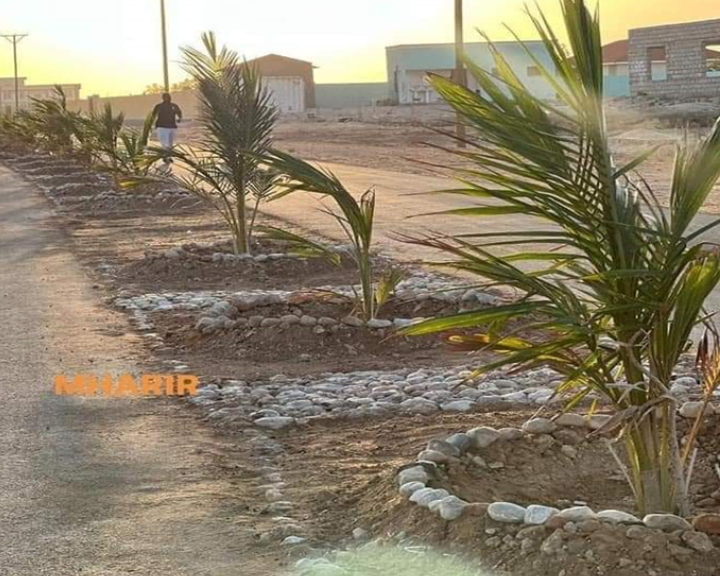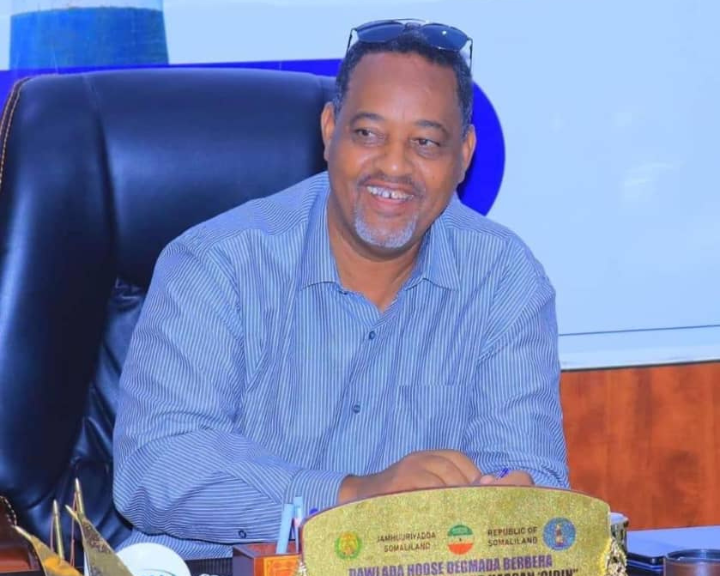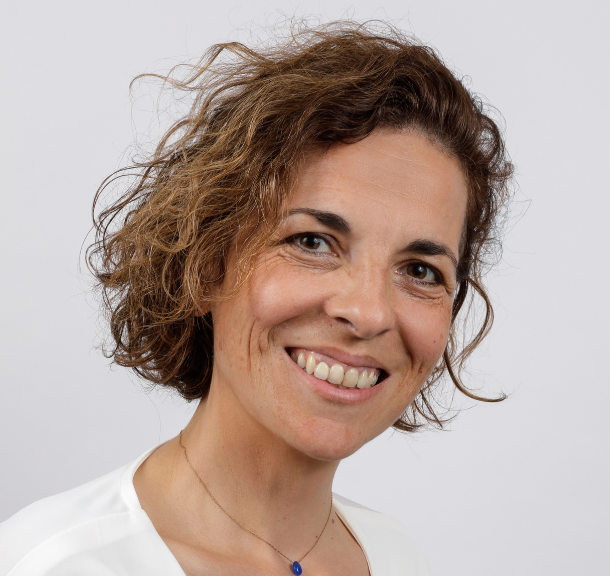Berbera is a coastal city in the Sahil Region of Somaliland and is located in the southwest of the Gulf of Aden in East Africa. The urban area consists of more than 280 000 inhabitants and has an important commercial port. The municipality just joined the AIVP network.
In a few words
Could you briefly introduce your city to the members of our international network?
Berbera is home to the country’s largest commercial port, dealing with almost all the country’s importations. It is also expected to be a path for Ethiopia’s imports and exports. A new container terminal was recently inaugurated and the perspective for increased volumes is important. Berbera is also a popular tourist destination, thanks to its beautiful beaches, stunning scenery, and rich cultural heritage. The city is home to several historical landmarks, including Ottoman and British monuments, and the old city walls. Facing important droughts, the city has to deal with the direct impact of climate change; the municipality is currently involved in project to mitigate it.
What can you bring to the AIVP network and what are you looking for in the AIVP network?
Berbera City is a fast growing trade hub in the Horn of Africa with multiple investments to deal with in port congestion and to increase the efficiency of logistic services from foreign companies including DP World. Due to its crucial strategic location for international maritime trade, port logistic infrastructure capacity, its inland transport connectivity to neighbouring landlocked countries, the city has room for growth. It also provides a free trade zone with business friendly regulations, bunker services, and has other lands available for new investment projects. So, Berbera city can contribute to AIVP’s network by providing an access and opportunities to engage the logistic infrastructure in Berbera to drive a sustainable economic growth and shared social prosperity among AIVP network members in various aspects.
We are expecting to find a city twin partners to share knowledge, experience, approach of enabling the UN Sustainable Development Goals, learning from Port city development programs, getting an access for technical support to address our needs.
Adapting to the impacts of climate change
The city is subject to periods of droughts that are becoming longer and hotter due to climate change. What are the current projects developed by the municipality to adapt?
Berbera, nestled along the Gulf of Aden, endures a harsh, arid climate for most of the year. Despite receiving a meager 38mm of annual rainfall, climate change has significantly exacerbated these conditions, leading to more frequent and intense droughts. Loss of land and livelihood is one of the impacts. Droughts cause a decline in pasture and vegetation, leading to the loss of livestock and affecting the livelihoods of pastoral communities. Water Scarcity is another impact. Berbera’s shallow wells, the city’s primary water source, become unreliable during droughts due to lowering water table. This results in widespread water shortages and hardships for residents. Crop failures due to water scarcity further contribute to food insecurity, putting a strain on social and economic stability.
The municipality has taken several mitigation initiatives. In collaboration with international organizations, construction of water reservoirs and dams have been implemented in Berbera’s rural areas to store rainwater for rural communities, offering a valuable source of water during dry spells. To address water scarcity in the city, boreholes have been drilled with the support of international organizations, augmenting the existing water supply and improving access for residents. The municipality also planted over 4000 trees for the last couple of years to reduce the effect of the heat and increase the transpiration.
As the main city on the coast of Somaliland, how is the city currently connected to the water and what are the future plans of urban development?
Berbera city geographically lies in line with the sea, so it is naturally connected to sea water and has fully operational seaports for containerised cargo, bulk cargo, fish jetty, manmade private docking harbours for tourists and bases for naval forces. Although the partial Red Sea closure has impacted the entire shipping industry across the globe specially in the region but fortunately the city still receives port calls from various shipping vessels sailed from different ports of origins.
Here are some of our future Urban Plans:







